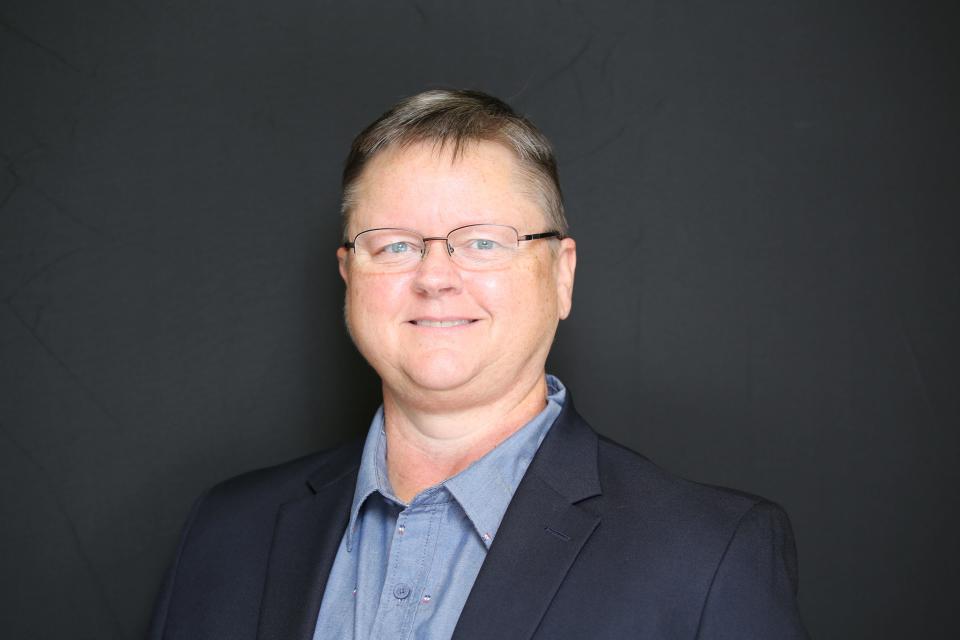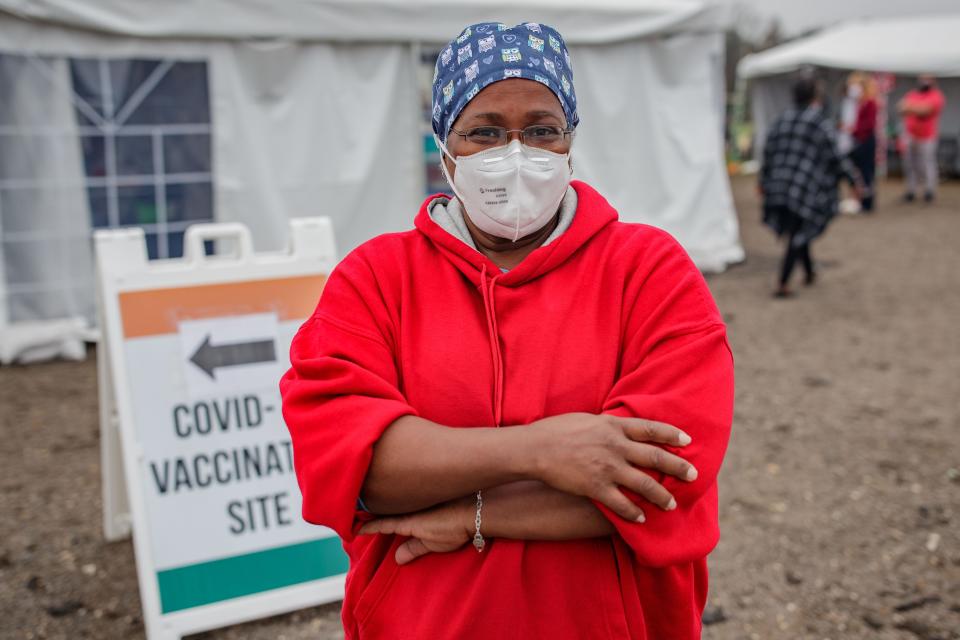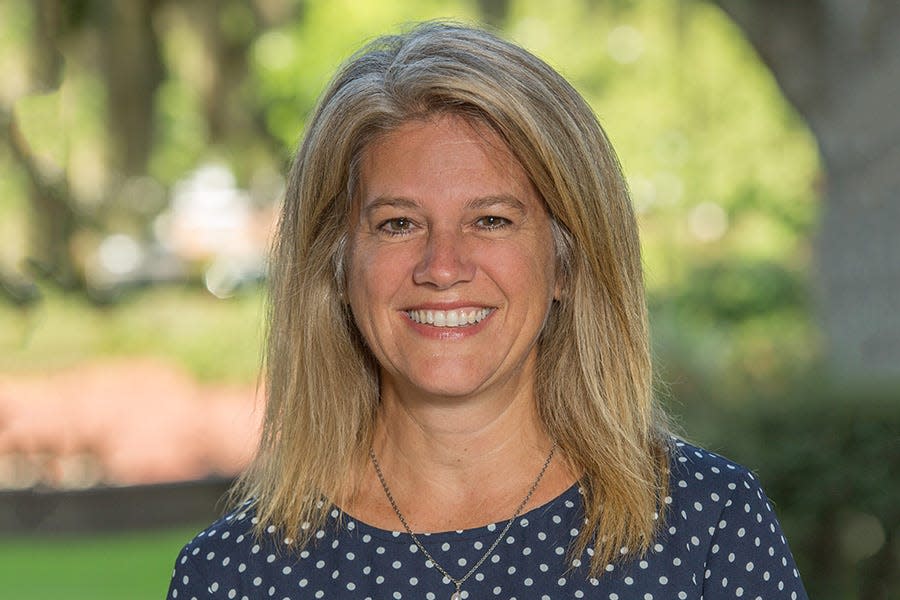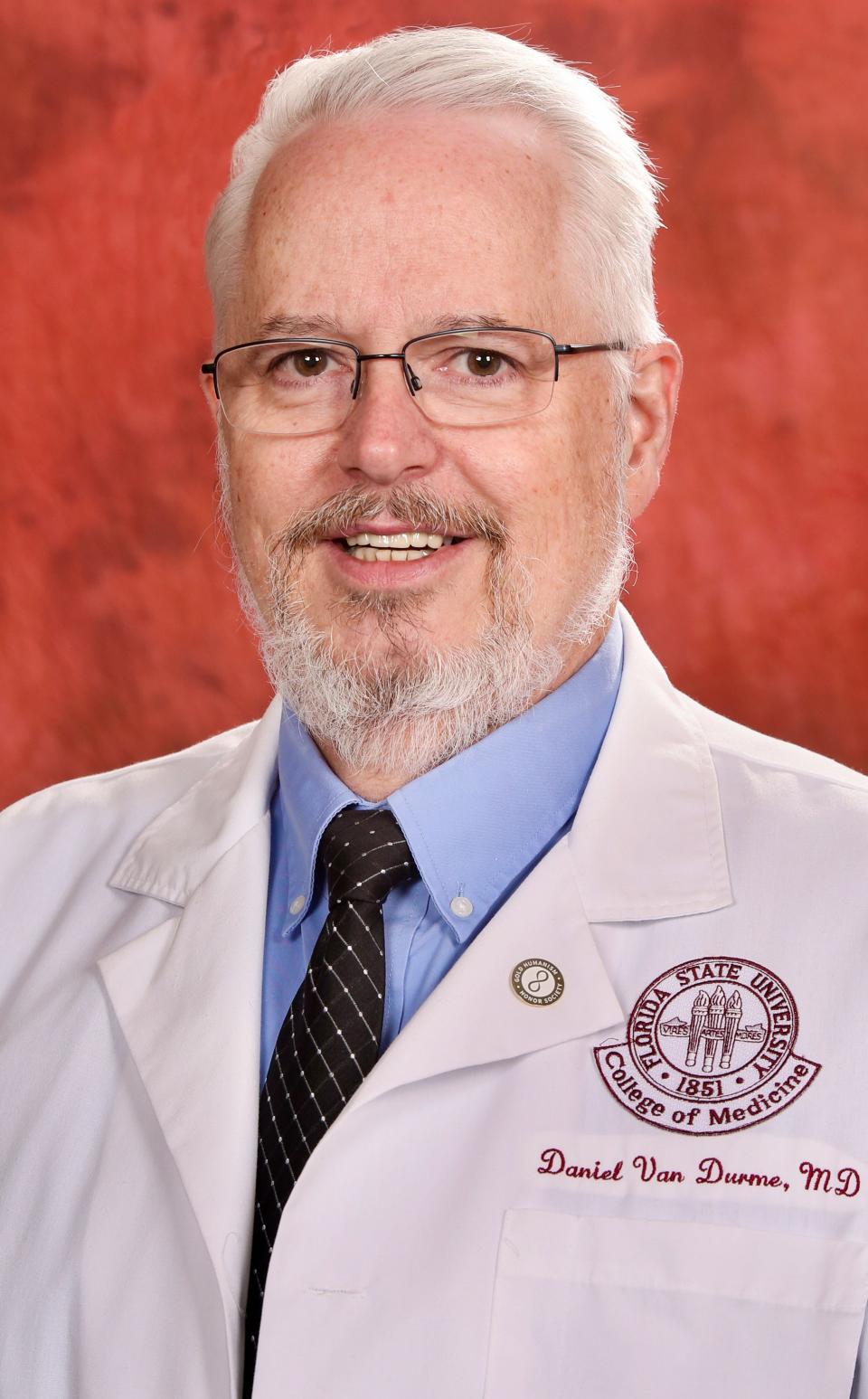Another fall, another health concern: How FAMU, FSU are preparing for monkeypox outbreak
In 2020, the coronavirus outbreak came with an unexpected turn that disrupted the learning environment for university students. A year later, the push was to reopen campuses under the "new normal" of post-COVID restrictions.
And now, as students begin converging on the campuses of Florida State and Florida A&M universities and the city, a nationwide monkeypox outbreak presents an unsettling backdrop of just how comfortable students can get as the school year begins.
Leon County confirmed its first monkeypox case last week and said the risk "to the general population remains low."
More: Tallahassee, Leon County records first case of monkeypox; Florida DOH says risk remains low
Around the state: UF Health, county experts fret monkeypox outbreak with college students returning to UF
Students like Florida State sophomore Mahek Lakhani are crossing their fingers that campuses won't be challenged by another health scare as a growing number of new COVID cases are being reported.
“The symptoms of monkeypox are my main concern — just thinking about it is scary,” said Lakhani, 19, from Orlando. “I'm also worried about the in-person classrooms and even just going out in public and having to worry about sanitation.”
The U.S. currently has over 10,000 monkeypox cases, with Florida having more than 1,000 cases as of Aug. 10, according to the Centers for Disease Control and Prevention and the Florida Department of Health.
The monkeypox disease is a rare one, similar to smallpox. Since it's contagious, it can spread from one person to another through physical contact. It can also spread to individuals if they are exposed to items like clothing, towels and sheets that are contaminated.
While the disease is being transmitted primarily among men who have sex with men, former U.S. Surgeon General Jerome Adams told USA TODAY July 21 it’s only a matter of time before the outbreak spreads in the population more broadly.
Anyone experiencing symptoms such as fever, chills, exhaustion, muscle or head aches and noticeable rashes should contact their health care provider or their local health department. Symptoms typically start within three weeks after exposure. It takes two to four weeks for recovery without medication.
More: Tallahassee, Leon County records first case of monkeypox; Florida DOH says risk remains low
Local health experts understand Lakhani's apprehension and say the number of local cases is expected to escalate as more than 50,000 students return to the capital city.

“With an influx of students coming in from many different areas — not just Florida, but with national and international students coming in — we're probably going to see additional cases of monkeypox,” said FAMU Associate Professor of Epidemiology Tammie Johnson. “We need to intervene early and quickly so that we don't have the same situation that we had with COVID spreading more than it should have.”
How FAMU, FSU are raising awareness
The Jynneos monkeypox vaccine is being used to treat the disease and prevent the spread, but there has been a slowdown in distribution because of the shortage of doses in the U.S.
And while the Jynneos vaccine is not available on campuses, FAMU, FSU and other universities in Florida believe something can still be done in the meantime to prevent and control the spread of the disease.
It starts with educating students.
“We're mainly working on messaging and making sure students know how it spreads, what the symptoms are and what treatments are available,” FAMU Student Health Services Director Tanya Tatum said.

The Jynneos vaccine is offered to high-risk groups through local health departments like the one in Leon County, and a medication called TPOXX can also be accessed through the departments for early treatment of monkeypox, she said.
Leon County Health officials did not answer questions about the availability of the vaccine or who would be prioritized once they get doses.
FAMU's awareness campaign will include emails sent to employees and students throughout the semester, providing information about monkeypox on the FAMU website and posting flyers in the university’s residence halls.
FSU’s University Health Services has updated its website with answers to frequently asked questions about monkeypox. The information will be shared with students in back-to-school messaging this week at the start of residence hall move-in, according to UHS Director Amy Magnuson.

FSU’s public health campaign website has been updated with links to more information on the disease, and UHS plans on using its social media channels to educate students, similar to the University of North Florida's planned approach of using platforms like Instagram to reach students.
Not 'just a gay disease'
Although monkeypox is more common in gay men who have intimate contact with each other, anyone can catch the disease.
“The big concern is people think that it's just a gay disease or that it can't be monkeypox if they didn't have sex with another man, and that's not the case at all,” said Dr. Daniel Van Durme, chief medical officer of the FSU College of Medicine. “That was a big mistake that we made in the early days of the AIDS epidemic, where we wasted many years before we realized how much it spread to virtually every member of society.”

Van Durme believes monkeypox should be an area of concern for all colleges and universities across the country because of the students who live in close contact in spaces such as residence halls. At the same time, monkeypox takes significant skin-to-skin contact to spread, making it less contagious compared to viruses like COVID, he said.
What local health services beyond campus are doing
The shortage of vaccines leaves healthcare services such as Big Bend Cares with no choice but to wait for when doses will be available to the local population, said Camye Edwards, who directs the center's prevention and outreach efforts.
Although Big Bend Cares isn't prioritizing monkeypox at this point, the organization is making efforts through its education department.
“Our outreach is geared towards HIV, AIDS and STDs, but even though monkeypox is not a sexually transmitted disease, it can be transmitted sexually,” Edwards said. “When it comes to monkeypox, we give the same message about using protection, such as condoms, just to make sure people are aware of the transmission mode.”
Individuals can protect themselves from monkeypox by avoiding sexual intercourse, kissing, touching and other forms of physical contact with someone who has symptoms. People should also wash their hands as well as clean objects and surfaces that have been touched regularly to avoid the virus.
Contact Tarah Jean at tjean@tallahassee.com or follow her on twitter @tarahjean_.
Never miss a story: Subscribe to the Tallahassee Democrat using the link at the top of the page.
This article originally appeared on Tallahassee Democrat: FSU and FAMU plan to broaden awareness of monkeypox disease threat

